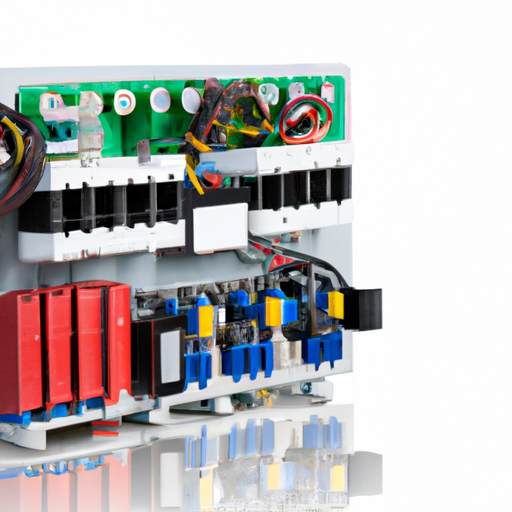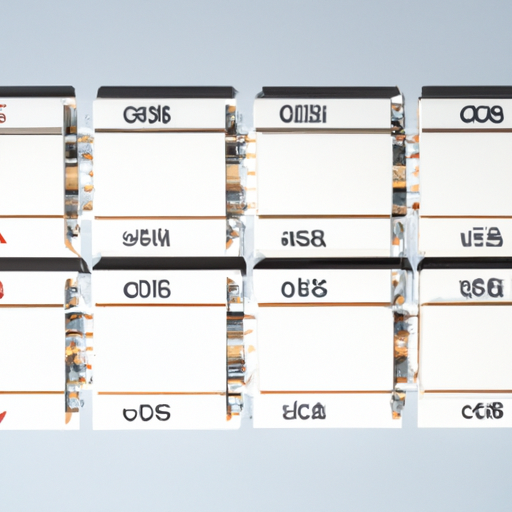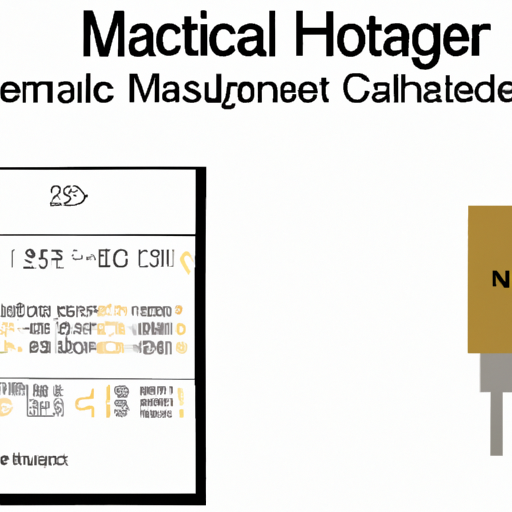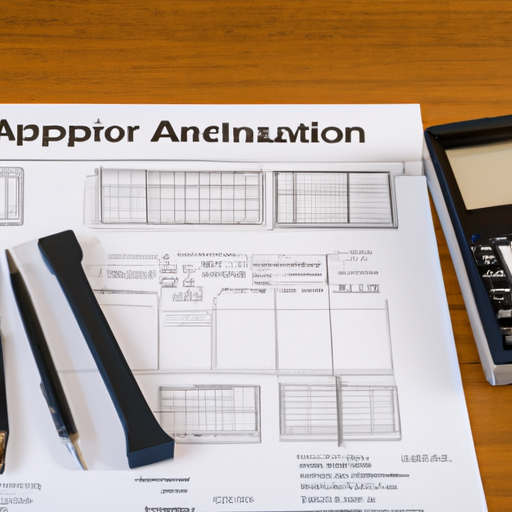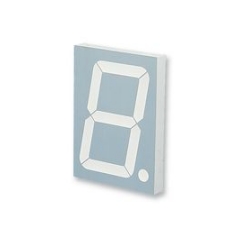What are the advantages of capacitor cabinet products?
What are the Advantages of Capacitor Cabinet Products?
I. Introduction
In the realm of electrical systems, efficiency and reliability are paramount. One of the key components that contribute to these attributes is the capacitor cabinet. Capacitor cabinets are specialized enclosures that house capacitors, which are essential for power factor correction in electrical systems. Power factor correction is crucial for optimizing energy consumption, reducing costs, and enhancing the overall performance of electrical systems. This article aims to explore the advantages of capacitor cabinet products, shedding light on their significance in various industries and their role in promoting energy efficiency and sustainability.
II. Understanding Capacitor Cabinets
A. Description of Capacitor Cabinet Products
Capacitor cabinets are designed to contain capacitors, which are electrical components that store and release energy. These cabinets come equipped with various components, including fuses, contactors, and control systems, to ensure safe and efficient operation. The design of capacitor cabinets can vary based on their intended application, but they generally prioritize durability and ease of maintenance.
1. Components and Design
A typical capacitor cabinet includes several key components:
Capacitors: The primary components that store electrical energy.
Fuses: Protect the circuit from overloads.
Contactors: Control the connection and disconnection of the capacitors.
Control Systems: Monitor and manage the operation of the capacitors.
2. Types of Capacitor Cabinets
Capacitor cabinets can be categorized into different types based on their functionality:
Fixed Capacitor Cabinets: These are designed for specific power factor correction needs and do not adjust automatically.
Automatic Capacitor Cabinets: These systems can adjust the amount of capacitance based on real-time power factor measurements, providing dynamic correction.
B. Applications of Capacitor Cabinets in Various Industries
Capacitor cabinets find applications across a wide range of industries, including:
1. Industrial Settings
In industrial environments, capacitor cabinets are essential for managing large electrical loads. They help improve power factor, reduce energy costs, and enhance the reliability of machinery.
2. Commercial Buildings
Commercial buildings, such as offices and retail spaces, benefit from capacitor cabinets by lowering electricity bills and improving energy efficiency, which is increasingly important in today’s eco-conscious market.
3. Renewable Energy Systems
With the rise of renewable energy sources, capacitor cabinets play a vital role in stabilizing voltage levels and improving the efficiency of solar and wind energy systems.
III. Key Advantages of Capacitor Cabinet Products
A. Improved Power Factor
1. Explanation of Power Factor and Its Significance
Power factor is a measure of how effectively electrical power is being converted into useful work output. A power factor of 1 (or 100%) indicates that all the energy supplied is being used effectively. A low power factor can lead to increased energy costs and reduced system efficiency.
2. How Capacitor Cabinets Enhance Power Factor
Capacitor cabinets improve power factor by providing reactive power support. By compensating for the inductive loads in a system, they help bring the power factor closer to unity, resulting in more efficient energy use.
B. Energy Efficiency
1. Reduction in Energy Losses
By improving the power factor, capacitor cabinets reduce energy losses in the electrical system. This means that more of the energy consumed is converted into useful work rather than being wasted as heat.
2. Lower Electricity Bills
With improved energy efficiency comes the benefit of lower electricity bills. Businesses can save significantly on their energy costs, making capacitor cabinets a financially sound investment.
C. Voltage Regulation
1. Stabilization of Voltage Levels
Capacitor cabinets help stabilize voltage levels in electrical systems. This is particularly important in industrial settings where voltage fluctuations can lead to equipment malfunctions.
2. Prevention of Voltage Drops and Surges
By maintaining consistent voltage levels, capacitor cabinets prevent voltage drops and surges that can damage sensitive equipment and disrupt operations.
D. Equipment Longevity
1. Reduced Stress on Electrical Equipment
By improving power factor and stabilizing voltage, capacitor cabinets reduce the stress on electrical equipment. This leads to fewer breakdowns and a longer lifespan for machinery and appliances.
2. Decreased Maintenance Costs
With less wear and tear on equipment, businesses can expect lower maintenance costs and reduced downtime, further enhancing operational efficiency.
E. Enhanced System Capacity
1. Increased Capacity for Additional Loads
Capacitor cabinets allow for increased capacity in electrical systems, enabling businesses to add more loads without overloading the system.
2. Optimization of Existing Infrastructure
By improving the efficiency of existing infrastructure, capacitor cabinets help businesses make the most of their current resources, delaying the need for costly upgrades.
F. Environmental Benefits
1. Reduction in Carbon Footprint
By improving energy efficiency and reducing energy consumption, capacitor cabinets contribute to a lower carbon footprint, aligning with global sustainability goals.
2. Support for Sustainable Energy Practices
Capacitor cabinets support the integration of renewable energy sources, promoting sustainable energy practices and helping businesses transition to greener alternatives.
IV. Economic Benefits
A. Return on Investment (ROI)
1. Cost Savings from Reduced Energy Consumption
The initial investment in capacitor cabinets can lead to significant cost savings over time due to reduced energy consumption and lower electricity bills.
2. Long-Term Financial Benefits
In addition to immediate savings, businesses can enjoy long-term financial benefits from improved efficiency and reduced maintenance costs.
B. Incentives and Rebates
1. Government Programs and Incentives for Energy Efficiency
Many governments offer programs and incentives to encourage businesses to invest in energy-efficient technologies, including capacitor cabinets.
2. Financial Assistance for Installation and Upgrades
Financial assistance may be available to help offset the costs of installation and upgrades, making it easier for businesses to adopt these technologies.
V. Installation and Maintenance Considerations
A. Installation Process
1. Overview of Installation Requirements
Installing a capacitor cabinet requires careful planning and consideration of the electrical system's needs. Proper sizing and placement are crucial for optimal performance.
2. Importance of Professional Installation
Engaging a qualified professional for installation ensures that the system is set up correctly and safely, maximizing the benefits of the capacitor cabinet.
B. Maintenance Needs
1. Routine Checks and Servicing
Regular maintenance is essential to ensure the longevity and efficiency of capacitor cabinets. Routine checks can identify potential issues before they become significant problems.
2. Lifespan and Replacement Considerations
Understanding the lifespan of capacitor cabinets and planning for eventual replacement is important for maintaining system efficiency and reliability.
VI. Conclusion
In summary, capacitor cabinet products offer a multitude of advantages that enhance the efficiency, reliability, and sustainability of electrical systems. From improving power factor and energy efficiency to providing economic benefits and environmental advantages, the integration of capacitor cabinets is a wise choice for businesses across various industries. As the demand for energy efficiency continues to grow, it is essential for organizations to consider the implementation of capacitor cabinets to optimize their electrical systems and contribute to a more sustainable future.
VII. References
For further information on capacitor cabinets and power factor correction, consider exploring the following resources:
- Industry publications on electrical engineering and energy efficiency.
- Government websites detailing energy efficiency programs and incentives.
- Technical manuals and guides from capacitor cabinet manufacturers.
By understanding the advantages of capacitor cabinet products, businesses can make informed decisions that lead to improved efficiency and sustainability in their operations.

